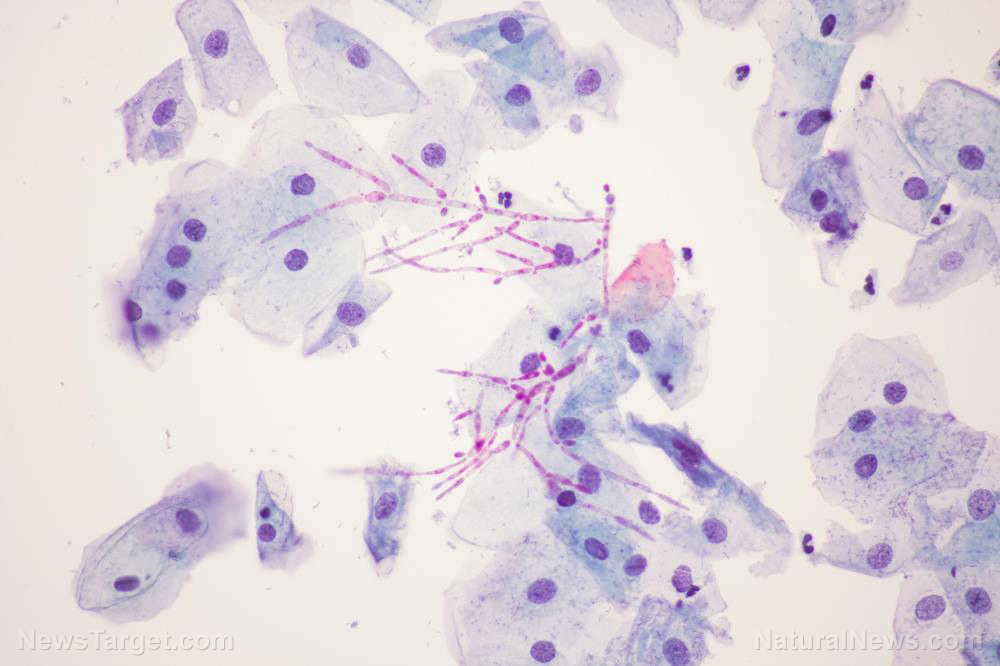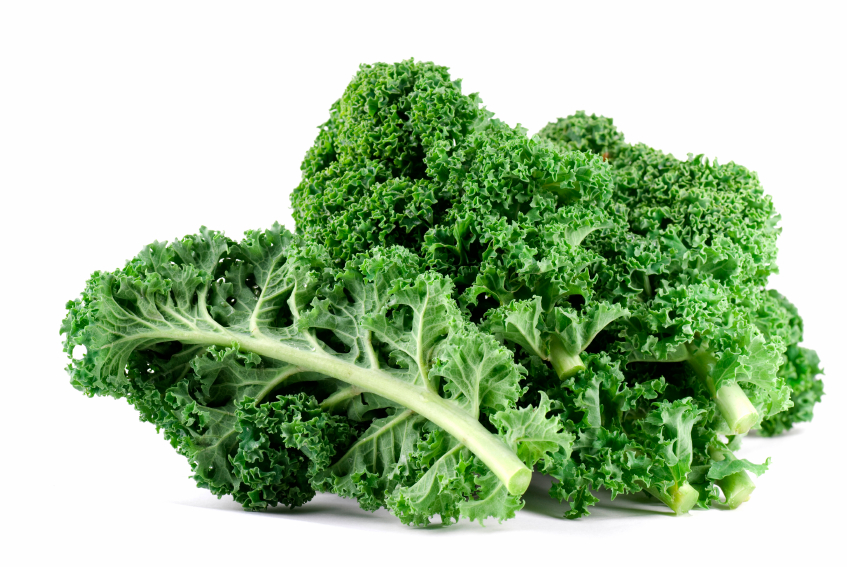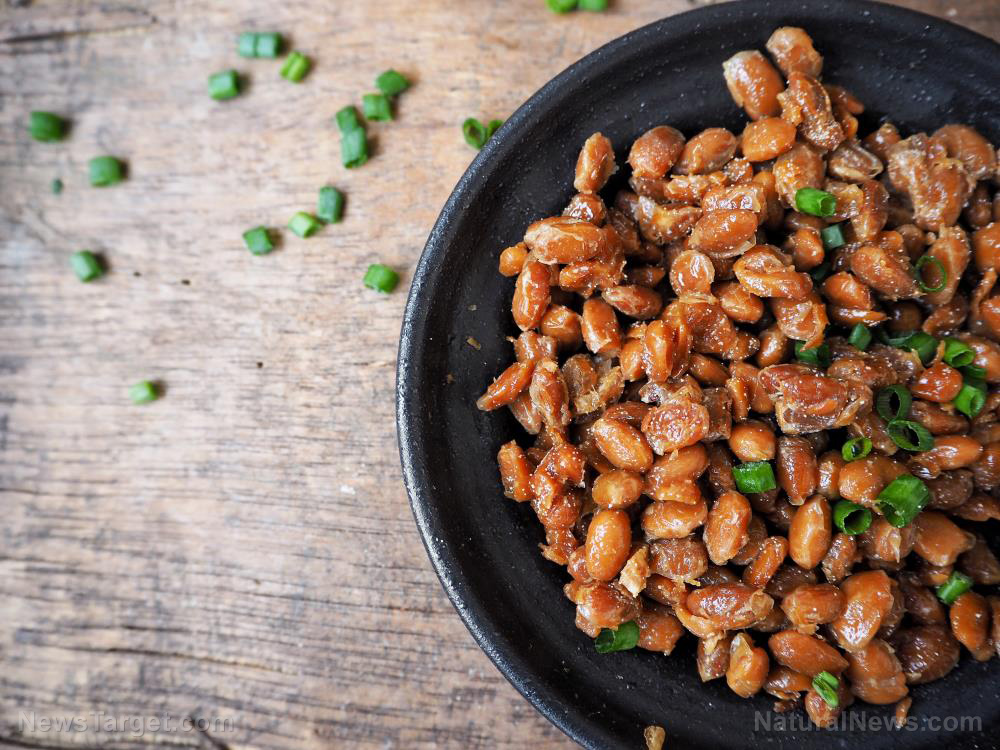Parasitic disease in dogs can be treated with natural products containing vitamin C
11/21/2018 / By Edsel Cook

It turns out, man’s best friend is prone to many of the same diseases that affect its owner. One of those diseases is leishmaniasis, a parasitic infection that can transfer from dogs to humans. In their review, researchers looked at five potential candidates for treating the condition.
Leishmaniasis takes its name from Leishmania, the protozoans that cause the disease. Like malaria, it is a tropical disease that spreads through the bite of a carrier animal, in this case, sand flies. In the case of canine leishmaniasis. it’s often caused by L. infantum. Not only is it deadly to dogs, but it is also zoonotic, able to hop species and infect humans.
Having only one drug to manage the disease also complicates the treatment. These take a long time and are uncomfortable for both dogs and their owners. These drugs also have toxic side effects and don’t work that well against drug-resistant strains.
Scientists are constantly looking for new therapies that can treat leishmaniasis in humans. Many of these compounds are natural phytochemicals drawn from medicinal plants. (Related: Protect yourself against risk of early death: Get a dog.)
Hesperidin and quercetin go well with vitamin C
The University of Pisa (UniPi) launched a comprehensive review of new natural products which have leishmanicidal properties. It identified five substances that show great promise in treating canine leishmaniasis. Two are flavonoids, one is a vitamin, another is a mineral, and the fifth is an extract.
The flavonoids are hesperidin and quercetin. Both flavonoids are plant-based: Hesperidin is present in all citrus fruits, especially in lemons and oranges, while quercetin is found in buckwheat.
Hesperidin prevents microorganisms like Leishmania from infecting healthy cells or increasing their numbers through replication. It also displayed antioxidant and immuno-suppressant activities, allowing it to keep the immune system from going overboard.
Quercetin is a powerful leishmanicidal. It can kill the promastigotes and amastigotes of two strains of Leishmania. Furthermore, it can chelate iron, thereby disrupting the iron-dependent ability of the microorganisms to synthesize their DNA.
Both flavonoids are usually taken with vitamin C. The vitamin boosts the effectiveness of hesperidin. It similarly improves the anti-hemorrhagic effect of quercetin.
These three are powerful antioxidants. They can stop oxidative stress caused by anemia, one of the conditions that come with leishmaniasis.
Can selenium and horse chestnut extract treat canine leishmaniasis?
The horse chestnut (Aesculus hippocastanum) has many medicinal uses. Its seeds provide an extract that is rich in saponins like beta-aescin, which has been tested for leishmanicidal activity against the L. infantum strain.
The extract has many means of acting against Leishmania parasites. In addition to directly attacking the pathogen, it also increases the resistance of the body by improving blood flow, reducing inflammation, and cleaning up free radicals that cause oxidative stress.
Finally, there is selenium. An element that serves as a micronutrient, it fulfills many functions in living systems. In its ionic form, selenium sees use as an antioxidant, a cancer-fighting substance, and an antiviral.
Like hesperidin, selenium affects the immune system. It improves the immune response against many different bacteria and viral antigen. It has been tested against L. infantum amastigotes as well.
The UniPi researchers believe that these five natural products are an excellent means of treating canine leishmaniasis. They believe that further studies should determine the best formulation for dogs, given that most studies have looked at the doses needed to treat humans.
Read more articles about protecting your beloved pets from leishmaniasis at PetHealth.news.
Sources include:
PDFs.SemanticScholar.org [PDF]
TheSciPub.com [PDF]
Tagged Under: dogs, Hesperidin, horse chestnut, Leishmania infantum, leishmaniasis, natural antioxidants, pet health, Pets, plant medicine, quercetin, remedies, selenium, vitamin C



















